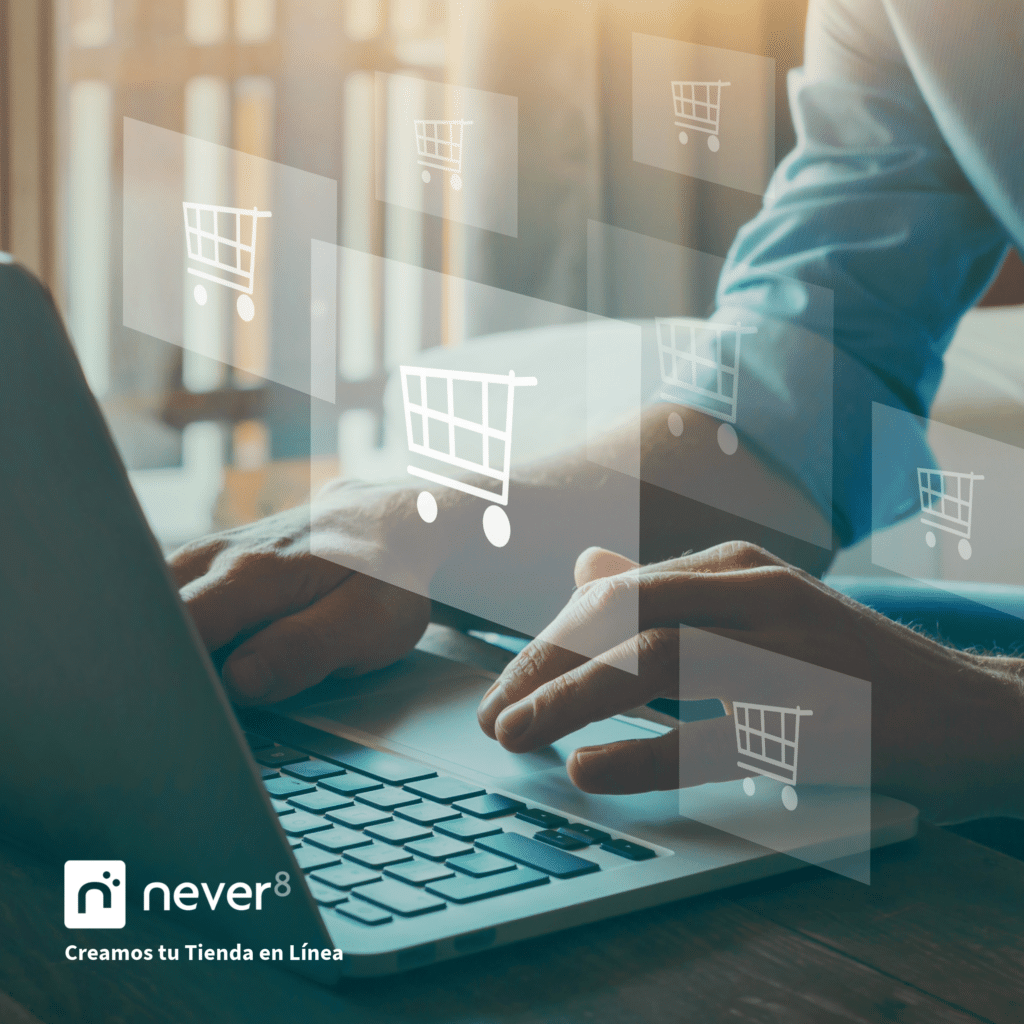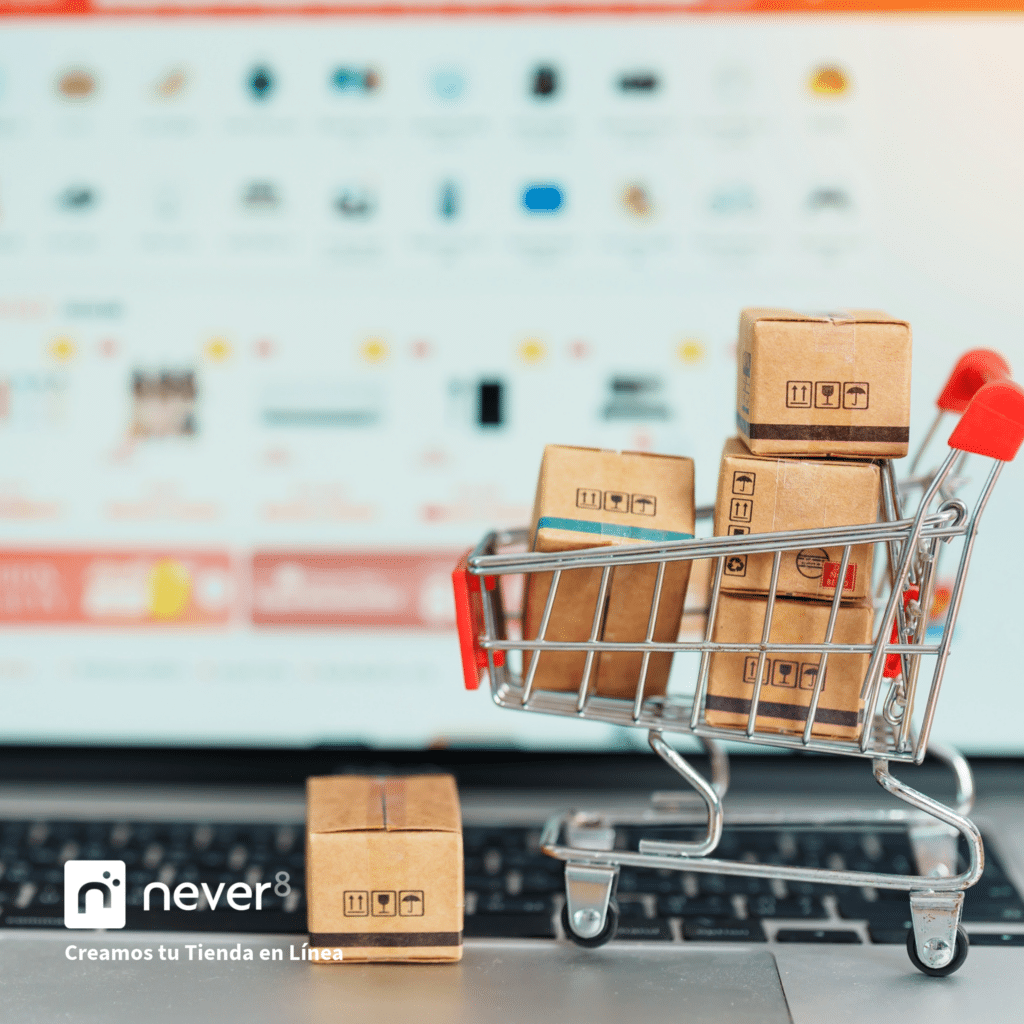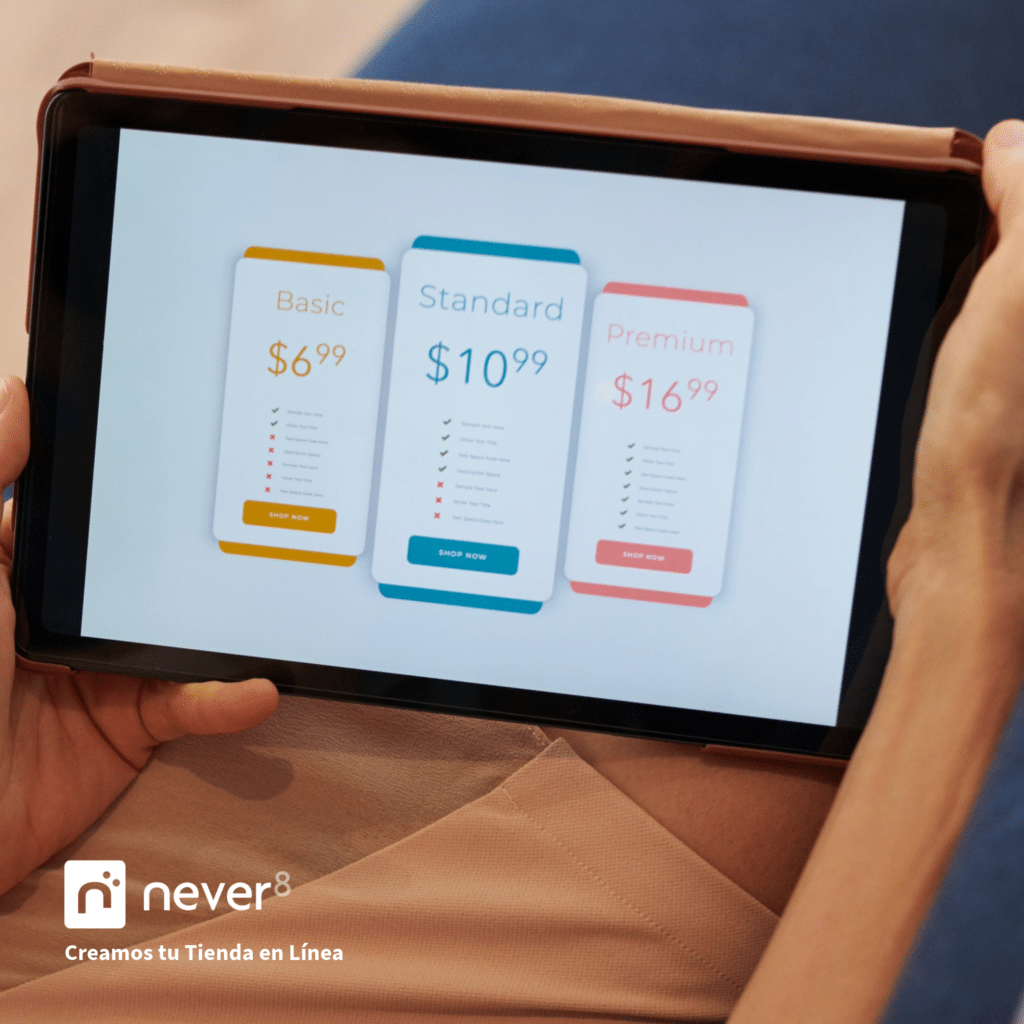Optimize your B2B E-Commerce for Maximum Performance
B2B (Business-to-Business) e-commerce has radically transformed the way companies interact and transact in the digital environment.
Unlike B2C (Business-to-Consumer) commerce, B2B E-Commerce handles greater complexity and scale, requiring specific strategies and solutions to efficiently manage these relationships.
In this entry, we will explore in depth the main business models in B2B E-Commerce, highlighting how each one adapts to the current needs of companies.
Direct Selling: Control and Close Relationships
- In the B2B direct sales model, manufacturers and suppliers sell their products directly to other companies through online platforms, eliminating middlemen.
- This approach provides companies with complete control over the sales process, making it easier to build strong relationships with their customers and offer competitive prices.
- Companies can optimize their sales pipeline and improve customer experience through direct supply chain management.


Wholesaler: Economies of Scale in Action
- The B2B wholesale model is based on selling products in large volumes to other businesses that then distribute them or integrate them into their production.
- This model is essential in sectors where economies of scale in the purchase and sale of products can significantly influence costs and operational efficiency.
- Wholesalers play a crucial role in the supply chain, providing products at discounted prices and facilitating access to broad markets.
B2B Marketplaces: Connection and Diversity
- B2B marketplaces, such as Alibaba and ThomasNet, act as platforms that connect business sellers and buyers in one place.
- These marketplaces offer a wide range of products and services, allowing companies to explore new business opportunities, compare suppliers and carry out transactions in a safe and regulated environment.
- They are ideal for companies looking to expand their reach and find new sources of supply.


Subscription: Recurring Revenue and Long-Term Relationships
- B2B subscription models are gaining popularity, especially in the technology and services sector.
- Companies that offer software as a service (SaaS), for example, benefit from recurring revenue and building long-term relationships with their enterprise customers.
- This model enables more predictable financial planning and facilitates customer retention by delivering ongoing value through updates and regular support.
Services on Demand: Flexibility and Scalability
- The on-demand services model allows companies to offer specific services such as consulting, technical support or IT services through digital platforms.
- The flexibility and scalability of on-demand services make them ideal for companies looking for personalized solutions adaptable to their changing needs.
- These services can quickly adjust to market fluctuations and customer demands.


Custom Manufacturing: Customization and Precision
- In B2B E-Commerce, custom manufacturing serves companies that need customized products.
- This model is based on producing goods to the customer's exact specifications, common in industries such as advanced manufacturing and engineering.
- Custom manufacturing allows companies to offer unique products that fit the specific needs of their customers, differentiating themselves in the market.
Solution Provider: Comprehensive Approach
- Companies operating under the solution provider model specialize in offering complete packages of products and services that solve specific problems for their business customers.
- This comprehensive approach is valuable to clients seeking a turnkey solution to their business challenges.
- Solution providers integrate multiple components and services, facilitating efficient implementation and reducing operational complexity for their customers.


We optimize the path to the success of your E-Commerce business.
We assist you in perfecting the goals of your e-commerce business.







